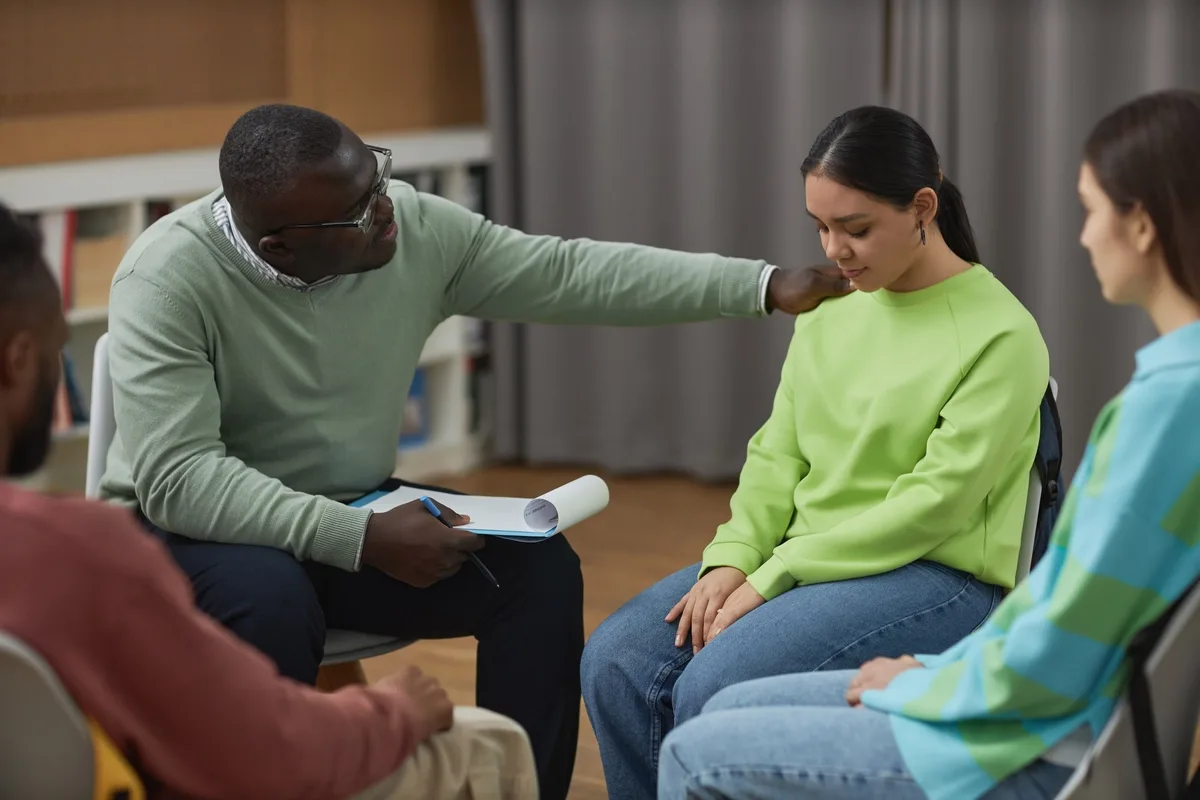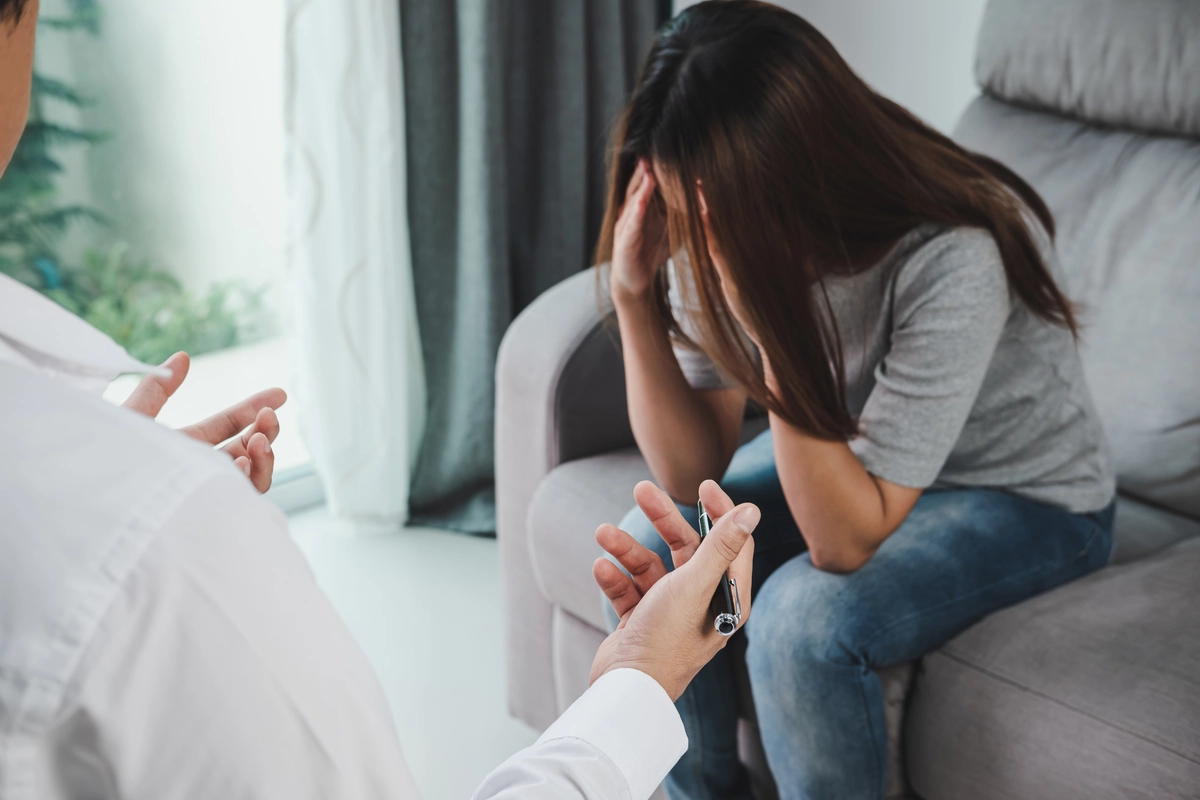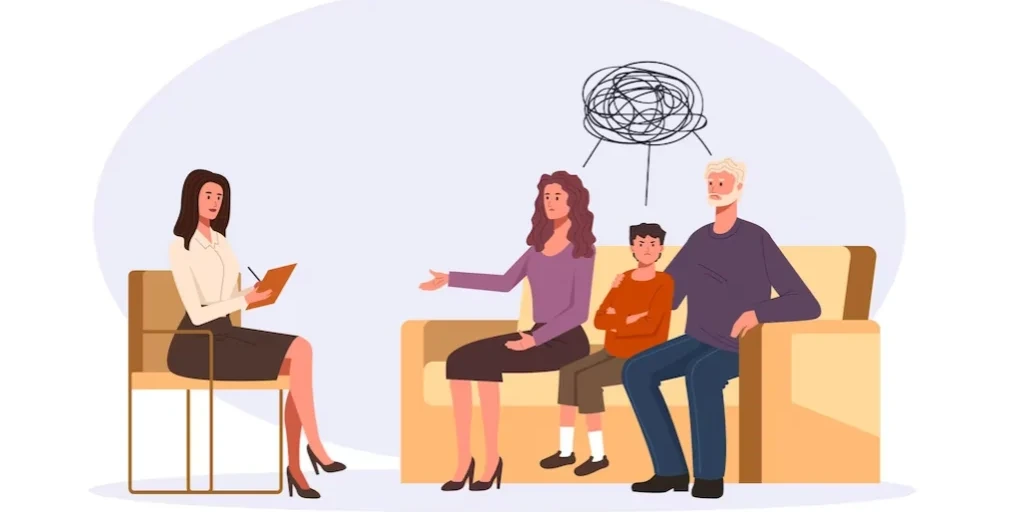24/7 Helpline:
(866) 899-221924/7 Helpline:
(866) 899-2219
Learn more about PTSD Treatment centers in Adair County

Other Insurance Options

Kaiser Permanente

Optima
Beacon

CareFirst

State Farm

CareSource

Health Partners

Health Net

GEHA

Holman Group

Anthem

Magellan

Carleon

Medical Mutual of Ohio

Amerigroup

PHCS Network

Ambetter

Oxford

American Behavioral

MHNNet Behavioral Health

Preferred Family Healthcare – Jamison Street
Preferred Family Healthcare is a mental health, behavioral health, and dual diagnosis treatment cent...

Mark Twain Behavioral Health
Mark Twain Behavioral Health is a private rehab located in Kirksville, Missouri. Mark Twain Behavior...

Preferred Family Healthcare
Preferred Family Healthcare offers a residential and outpatient program, CPRC, RCF, Prevention, Heal...


































Integrative Wellness Institute
Integrative Wellness Institute is a private rehab located in Kirksville, Missouri. Integrative Welln...

AA – Alcoholics Anonymous
AA – Alcoholics Anonymous is a non-profit rehab located in Kirksville, Missouri. AA – Alcoholics Ano...

















